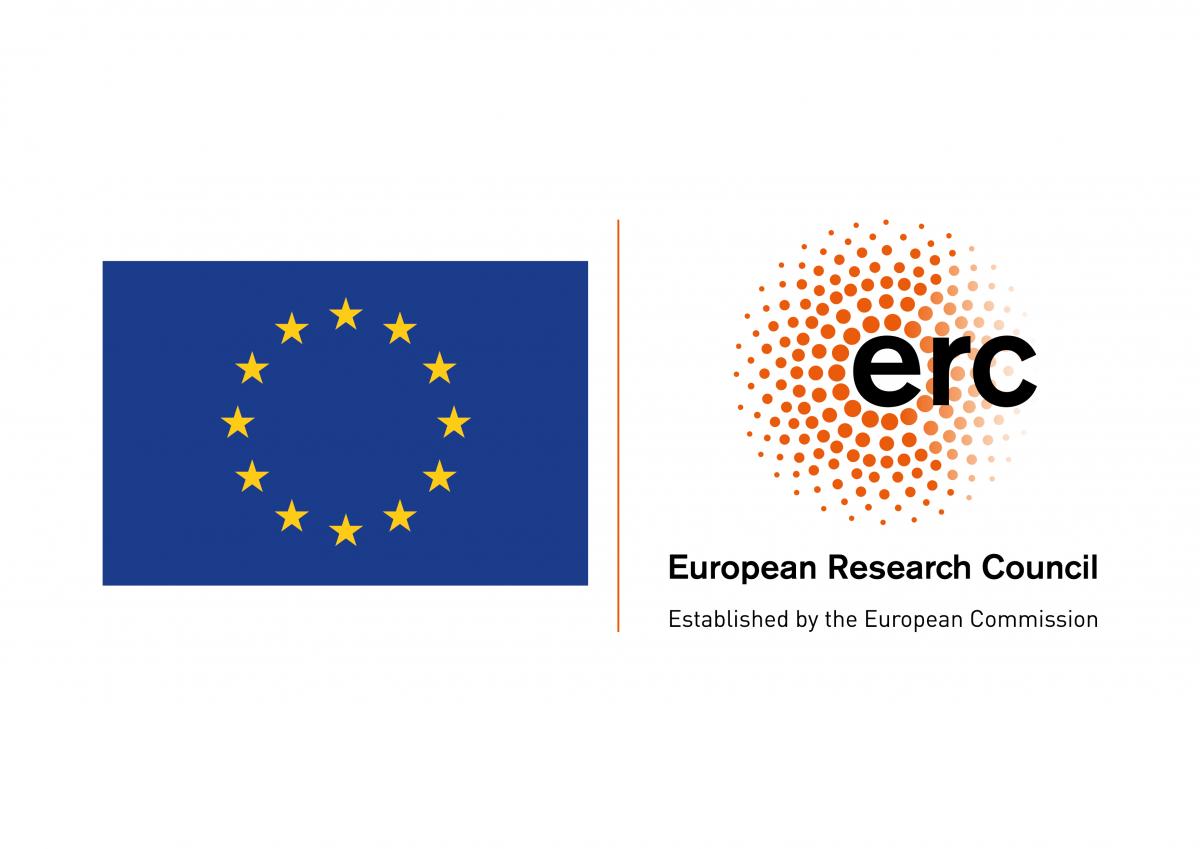This repository contains the corresponding code for our extended abstract
Henkel F., Schwaiger S. and Widmer G.
"Fully Automatic Page Turning on Real Scores".
In Extended Abstracts for the Late-Breaking Demo Session of the 22nd International Society for Music Information Retrieval Conference, 2021
In the folder videos
you will find a piece from the test set, where our system follows the incoming musical performance
(once a synthetic audio and once a recording) and turns pages accordingly.
If you want to try our code, please follow the instructions below.
First, clone the project from GitHub:
git clone https://github.com/fhenkel/page_turner.git
Move to the cloned folder:
cd page_turner
In the cloned folder you will find an anaconda environment file which you should install using the following command:
conda env create -f environment.yml
This will also install the score following system from https://github.com/CPJKU/cyolo_score_following
Activate the environment:
conda activate page_turner
Finally, install the project in the activated environment:
python setup.py develop --user
To verify that everything is correctly set up, move to the page_turner directory and run the following command:
python automatic_page_turner.py
This opens a window with two buttons on the bottom.
Clicking on Start tracking... will then open a dialog window that allows
you to select different performances, scores and models.
(The #Pages is intended for the live mode of the score to indicate
how often a page should be turned by a physical page turner.
Just keep it to 0 if you load the score from the disk.)
Once everything is set, press the ok button to start tracking.
We would like to thank Jan Hajič Jr. and Carlos Eduardo Cancino Chacón for performing and recording the test pieces for us.
This project has received funding from the European Research Council (ERC) under the European Union's Horizon 2020 research and innovation program (grant agreement number 670035, project "Con Espressione").
